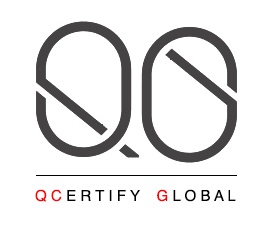What is CMMI Certification?
The Capability Maturity Model Integration [CMMI] is a methodology that develops and refines an organization’s software development process. It has five maturity levels, each comprising a set of process goals that, when fulfilled, stabilize a vital component of the process. Achieving each level of maturity framework establishes a different component in the software process, improving the organization’s process capability.




Requirements for CMMI Certification
1. Commitment from Management
2. Selection of a CMMI Model
3. Gap Analysis
4. Process Improvement Implementation
5. Documentation
6. Internal Audits and Reviews
7. Appraisal Preparation
8. Formal Appraisal
9. Achieving Certification
Benefits of CMMI [Capability Maturity Model Integration]
- Ensures better quality.
- Reduces production defects and production costs to provide better ROI.
- Enables timely delivery.
- Streamlines consistent improvements.
- Increases customer satisfaction with better project outcomes.
- Encourages a productive culture that decreases risks for software, product, and service development.
- Flexible to fit every organization’s needs.
Obtaining a Capability Maturity Model Integration (CMMI) certification involves a series of structured steps aimed at improving and assessing an organization’s processes. Here’s a high-level overview of the process:
1. Understanding CMMI
2. Gap Analysis
3. Process Improvement
4. CMMI Appraisal Preparation
5. CMMI Appraisal
6. Post-Appraisal
7. Certification
8. Maintenance and Improvement
ISO 27001 Certification
ISO 14001 Certification
Contact
-
18D, Troelstrastraat,
Rotterdam, 3038KV, NL -
NL +31 6 85479372
CA +1 647 861 9841
IN +91 73494 31654
EG +20 111 8801100
IQ +964 772 3262984
JO +962 7 9113 1312 - info@qcertifyglobal.nl
Documents
Download our company profile for insights into our services and expertise. Fill out the client information form to get started.





